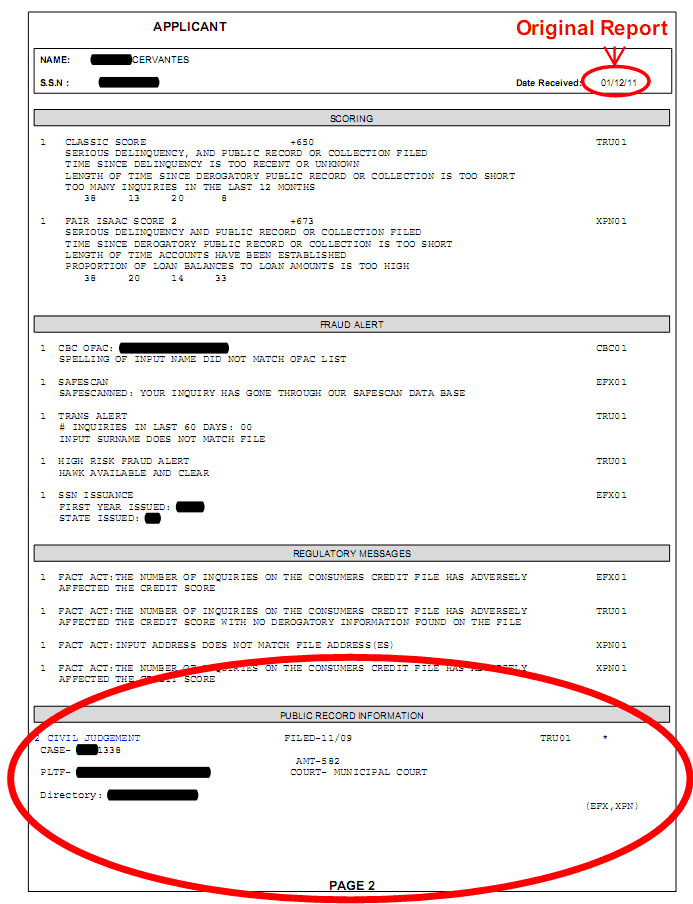The number of short sale inquiries in Florida continues to climb. The Florida Department of Financial Services and the State of Florida are concerned about this increase. According to FDS, an analysis shows that more than half of all foreclosure transactions in Florida are short sales. In some neighborhoods, the percentage is as high as eighty percent.

Why are short sale inquiries on the rise? One reason why they are happening so frequently is the recent downturn in the real estate market. Many home buyers who have purchased a foreclosed home due to the recent recession decided to wait to sell their property until the market improved. Unfortunately, it did not. As a result of these unfortunate circumstances, the price of foreclosure homes has skyrocketed.
While the overall number of short sales has been up slightly, there are still too many bank-owned homes for sale on the market. In fact, competition among home buyers is getting more intense as time goes by. Many real estate agents believe that there may be as few as five new homes on the market currently. Individual homeowners are selling most because most banks do not want to foreclose on their own property.
A second reason for a significant increase in short-sale inquiries is the current trend in selling foreclosure homes at a local foreclosure auction. A recent study at the University of Florida’s Gainseville Laboratory found that borrowers completed seventy percent of all foreclosure auctions performed in Florida in 2021 with less than twenty percent loan equity. This means that most foreclosure sales in Florida last year were executed by borrowers with very little or no chance of completing the loan independently. In our experience, lenders and banks rarely allow borrowers to complete the loan on their own. In fact, they rarely allow a person to become a homeowner without their financial assistance.
The lack of available short sales properties on the market has made it difficult for people to compete for the homes they need to buy. Borrowers interested in foreclosing on their bank-owned home to save the money that would otherwise be spent on a down payment can often do so only by signing a short sale agreement. This agreement requires the borrower to sell the house at a lower price than the balance of the mortgage, plus costs and fees, within a specific time period.
When people who have been involved in a short sale inquiry process first approach a lender or a bank, they often attempt to negotiate more affordable monthly payments and interest rates. Unfortunately, these attempts seldom succeed. Lenders and banks rarely have any interest in allowing borrowers to remain in homes priced beyond their means. They view short sale agreements as a way to prevent foreclosures and avoid the costs, delays, and associated stigma associated with bank-owned properties. And while banks and lenders do not want to foreclose, they certainly do not want to take on the additional expense of disposing of bank-owned property.
In addition to the difficulties of negotiating payment and interest rates, some inherent risks are involved with short sales. Although some buyers are qualified to purchase bank-owned homes and can help buyers obtain short-sale deals, many are not interested in pursuing this option. Short sales require large sums of money upfront, and many individuals who are skilled in negotiations and real estate transactions do not have this type of capital available. The potential savings for lenders and banks from disposing of these properties can quickly pale into a small sum when the costs and fees associated with disposing of a property are factored in. This is why banks and other financial institutions rarely engage in short-sale transactions.
However, the possibility of obtaining short-sale properties does exist. As a buyer, you may be able to successfully negotiate better short sale terms and interest rates and obtain a better overall deal than what you could have obtained if you had not inquired. The question is, how determined are you to pursue pursuing your goal of purchasing a short sale? It would be best to prepare a realistic short sale budget ahead of time and to gather as much information as possible on the process of short sale financing.
